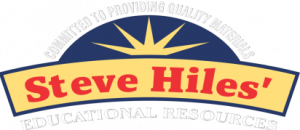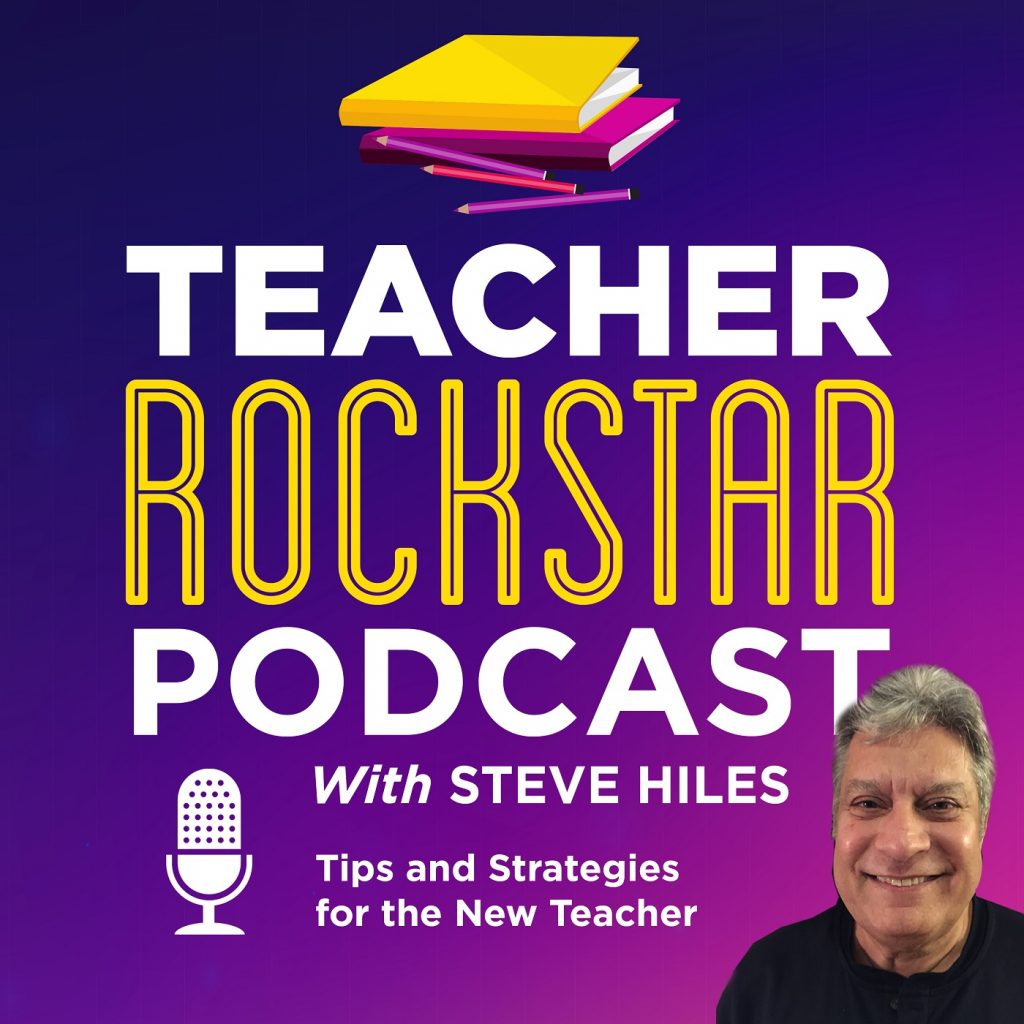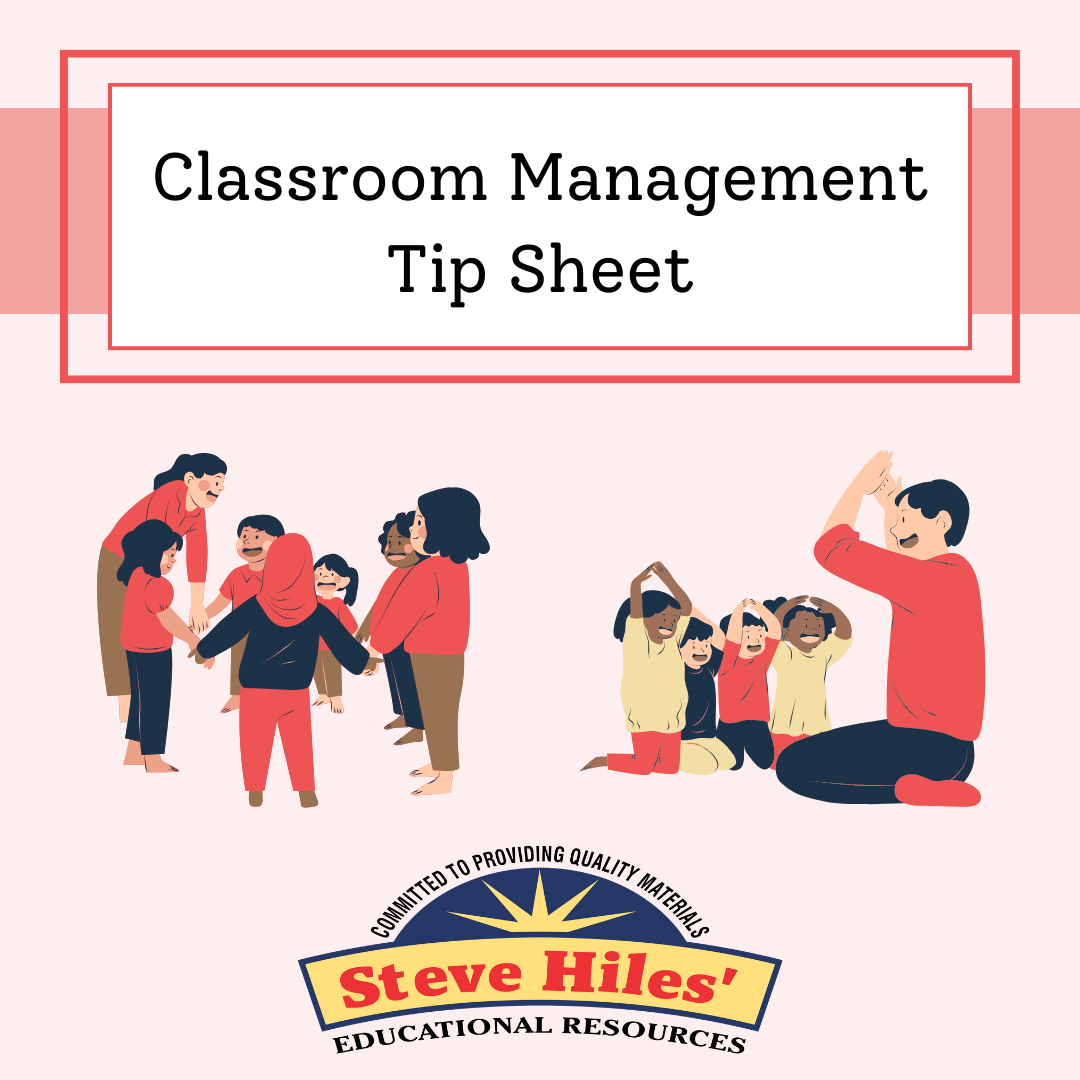When I was in elementary school, I remember thinking back then that once I had finished the spelling test, I’m just going to forget a lot of the words.
I mean there was no context in terms of the spelling words – just a random set of words. There was no real incentive for learning these words – they weren’t used in any reading or writing assignments.
Which begs the question: How do children learn to spell?
Well, initially youngsters learn how to spell in the first and second grades. By that I mean high frequency words, or sight words. And most of this early learning is rote memorization. This goes without saying that the more students use their spelling words in writing activities the more that they will eventually learn how to spell words correctly.
Many of the spelling words come from the Dolch list – the selection of words make up 50-70% of all text in children’s books.
What are some things that the teacher can do to foster good spelling skills?
Well, for starters the teacher must encourage reading – let’s face it, the more a child reads and sees a word spelled correctly the easier it is for them to transfer knowledge from short term to long term memory.
Another strategy you may find useful is for the teacher to say the word and spell it out loud and by doing so will encourage students to do the same.
Display the words on a word wall. Once you introduce a word to your class put it up on a bulletin board. If practical put up as many words as you possibly can on your bulletin board, and eventually over time will transfer to active knowledge.
Have your students work with crossword puzzles and games which get students involved. Games such as hang-man are even better because it incentivizes kids to spell the word correctly in order to win.
One more thing can be a great help to practice spelling is “touch typing.” Basically, students type and spell words over and over again, until they learn how to reach the keys for letters they represent.

Let’s address why spelling is important. Correct spelling is in fact important. Research conducted by The National Commission on Writing for American Families, Schools, and Colleges (2005) reported that 80% of the time an employment application is doomed if it is poorly spelled. Here are other examples where spelling is important:
- Writing so others can read and understand
- Looking up words in a dictionary
- Filing alphabetically and more
Spelling is important when it comes to reading. Research says that learning to spell and learning to read are closely connected – they rely on much of the same underlying knowledge such as relationships between letters and sounds.
Spelling is also important when it comes to writing. Research also points out a strong relationship between spelling and writing. Writers who must think too hard how to spell use up valuable cognitive resources needed for higher levels of composition.
Spelling needs to be explicitly taught. The big take away here is that one can’t assume just because students are making progress in reading that spelling does not need to be taught – that’s absolutely not true. In a longitudinal study conducted by “Scientific Studies of Reading (2005) found students growth in passage comprehension remained close to average from 1st through 4th grade, their spelling scores dropped considerably by 3rd grade, and continued to decline in 4th grade.
Let’s take a look at spelling strategies. The average person uses somewhere around 10,000 words freely and can recognize some 30,000 – 40,000 words. Now, here’s the good news – one doesn’t have to be able to correctly spell all the words in his/her listening, reading and speaking vocabulary to be an effective speaker.

A basic vocabulary of 2,800 – 3,000 well selected words should form the basics of spelling instruction. One important note to remember that when choosing words for spelling instruction, focus on regular spelling patterns, high-frequency words, and frequently misspelled words.
Let’s consider the traditional approach to spelling. Like I mentioned at the beginning of this podcast once I finished the weekly spelling test, I forgot a lot of them.
- Rote memorization is not an effective way to learn how to spell.
- With traditional spelling instruction students are passive learners.
- Quite frankly, with this type of instruction spelling is very boring.
- Also, every child is given the same list of spelling words to study – whether they are being challenged or not. Using this method of instruction only a few kid’s needs are being met.
I want to talk about a great alternative to the traditional approach to spelling. I know for me personally, what I found to be much more effective and interactive [and way less boring] is an instruction method called “Word Study.” This method of instruction down by ability levels based whereby addressing student needs.
This system is not based on the random memorization of words. A word study program is an approach that not only addresses word recognition, but vocabulary, and phonics as well.
In a nutshell word study provides students with opportunities to investigate and understand word patterns in words. Students learn that spelling patterns exist, and that these patterns. Help to explain how words are spelled, read and written. The cycle of instruction might include but not limited to the following word study activities:
- Choosing words for students to sort
- Have students find the pattern in their reading and writing
- Activities to help students relate the pattern to previously acquired knowledge.
- Illustrating the word.
- Naming a synonym or antonym for each of the words.
- Use the word in a sentence.
All in all, Word Study invariably is a much better approach to learning how to spell instead of giving a list of words out on Monday and giving a test on Friday.








